On November 7, 2025, QCORE hosted a community colloquium featuring Montana State University’s David Ayala. The event, held in Barnard Hall at MSU, drew researchers and students interested in the intersection of mathematics and quantum theory. Guests gathered for refreshments in the atrium before the talk, which explored new theoretical models for quantum logic and computation.
This talk surveyed theoretical approach to quantum logic premised on anyons. Anyons are 2-dimensionally confined mutually entangled electrons. Their spacial confinement results indramatically different spin-statistics than traditional electrons, accommodating an unbounded number of “spins” within a ground state. Consequently, anyons may serve as faulttolerant qubit arrangements. The local dynamics of anyons can be tuned to match desired logic; the constraints of suchlogic are governed by modular tensor categories. Modular tensor categories naturally ariseupon specifying infinitesimal gauge symmetries. In this way, we have a mathematically rigorous approach to a rich class of tunable quantum logic systems. This class includes the fractional quantum hall effect for certain filling factors.




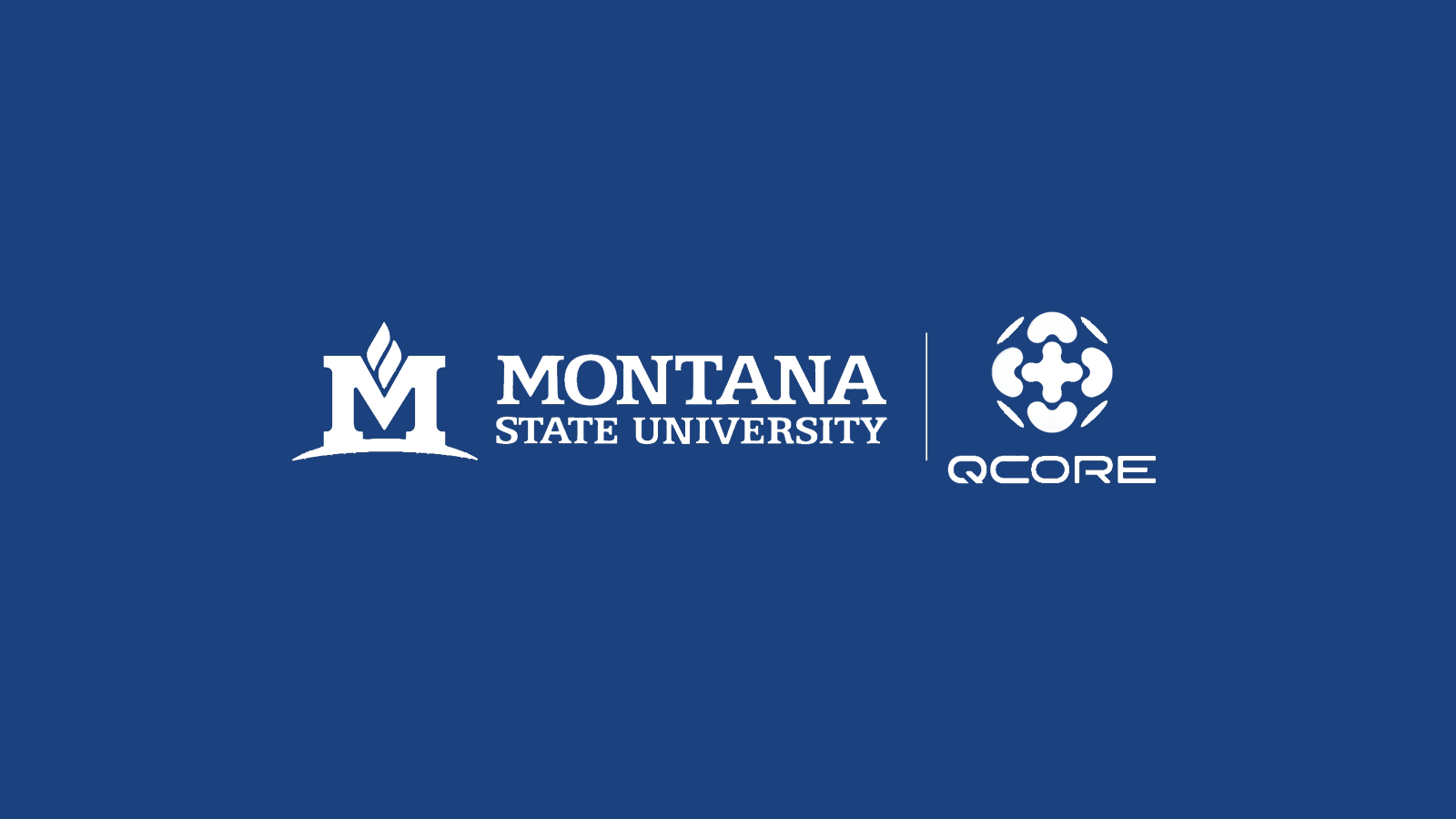

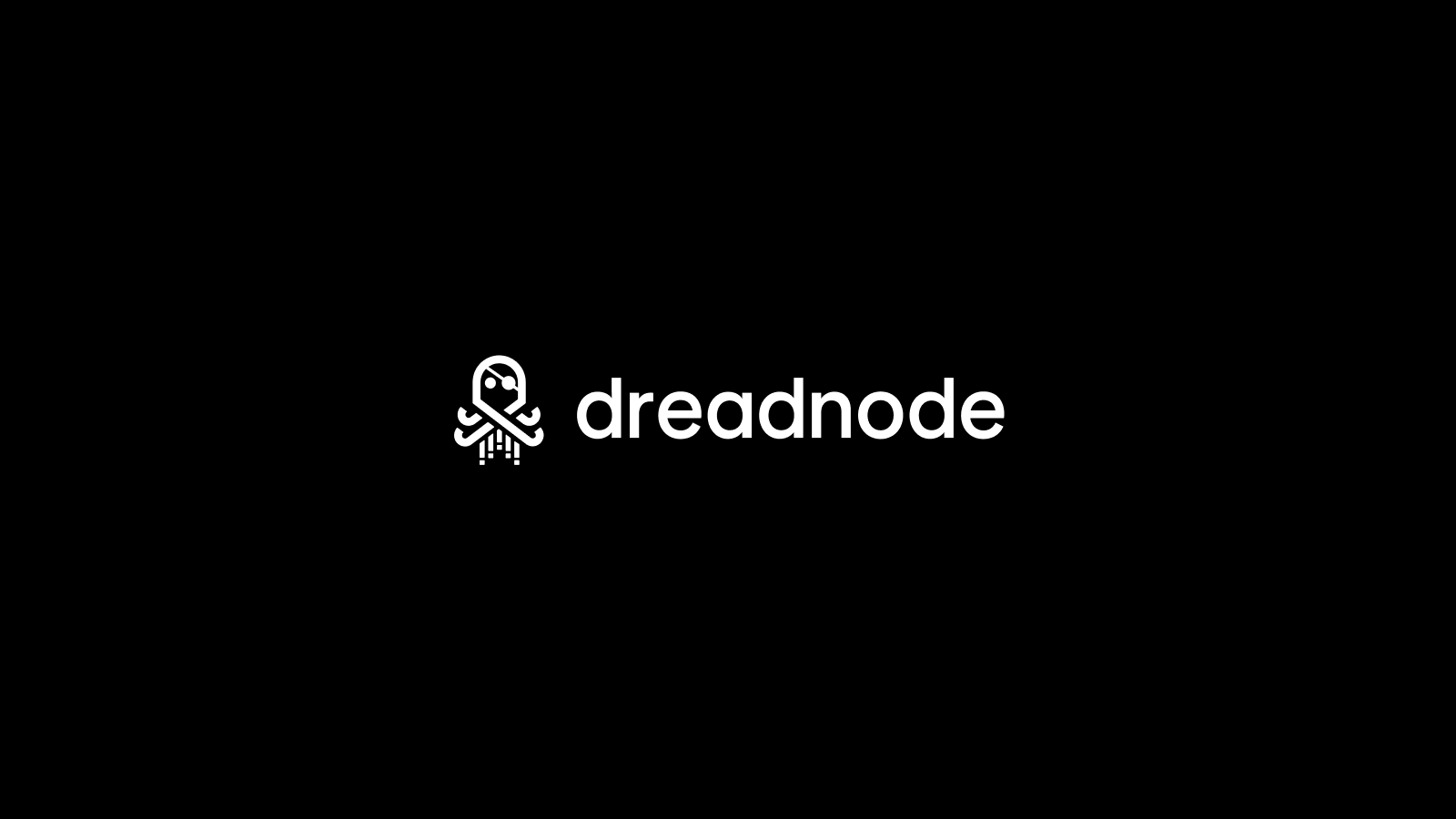
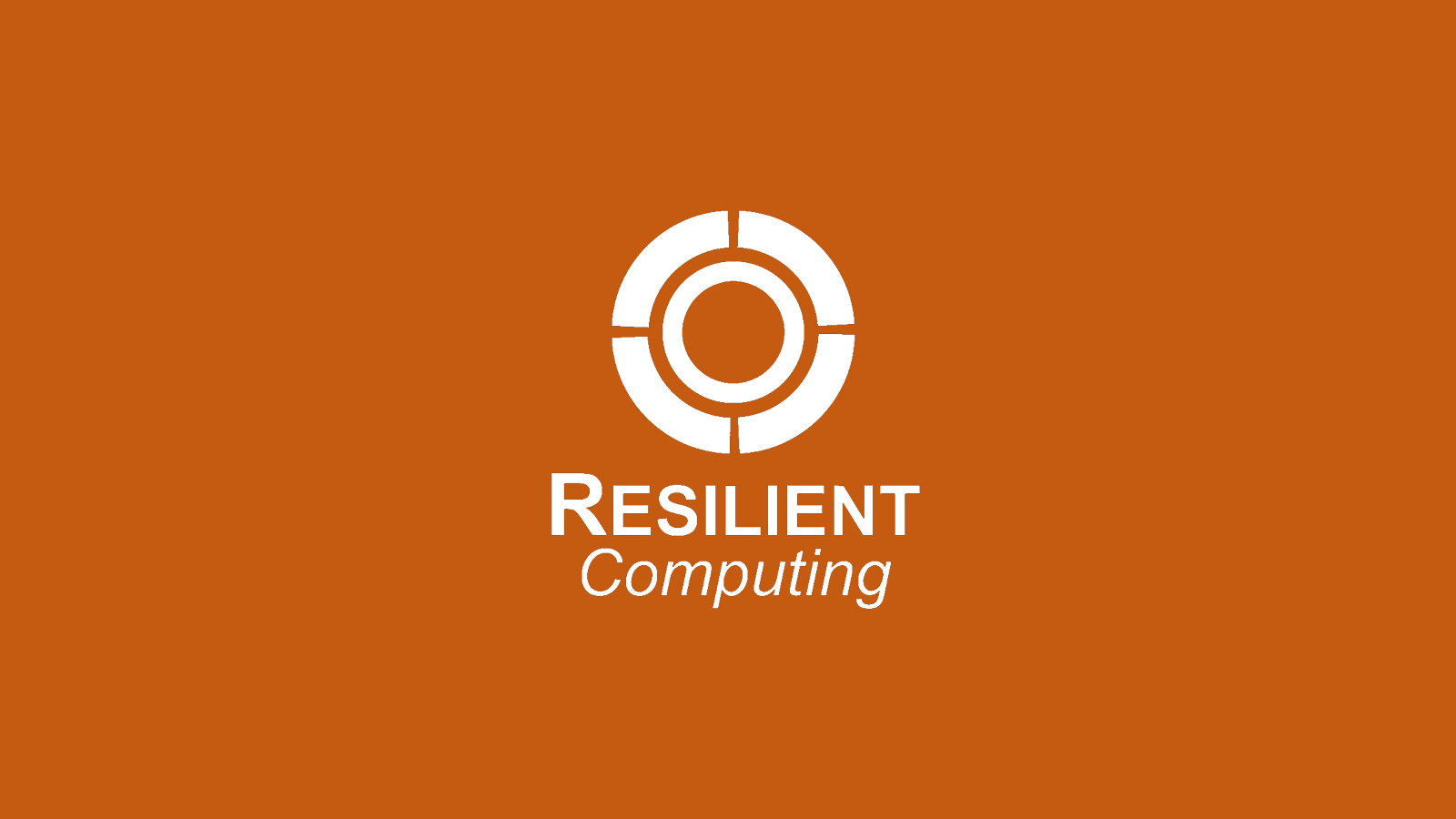



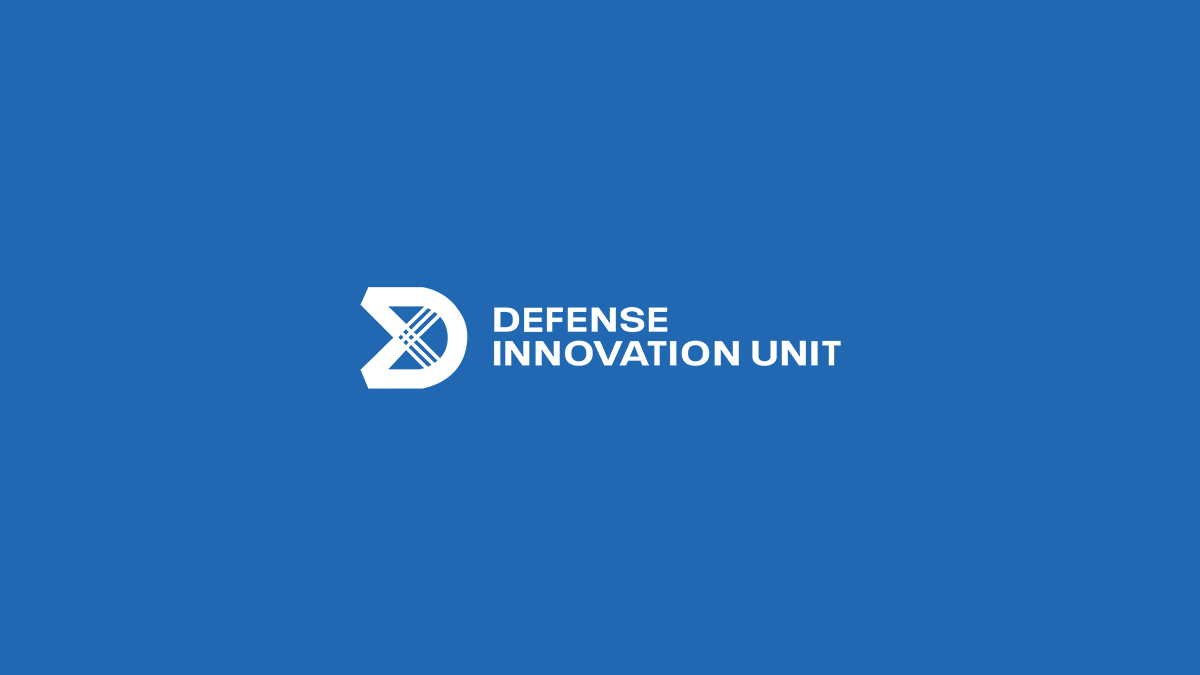
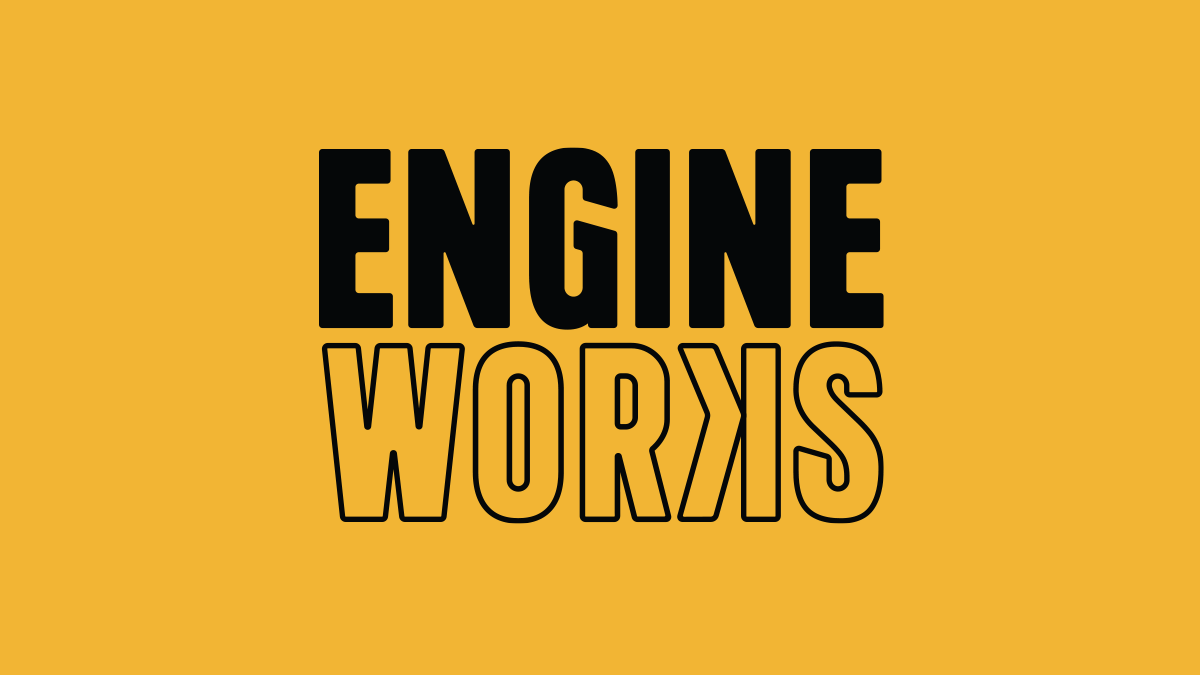

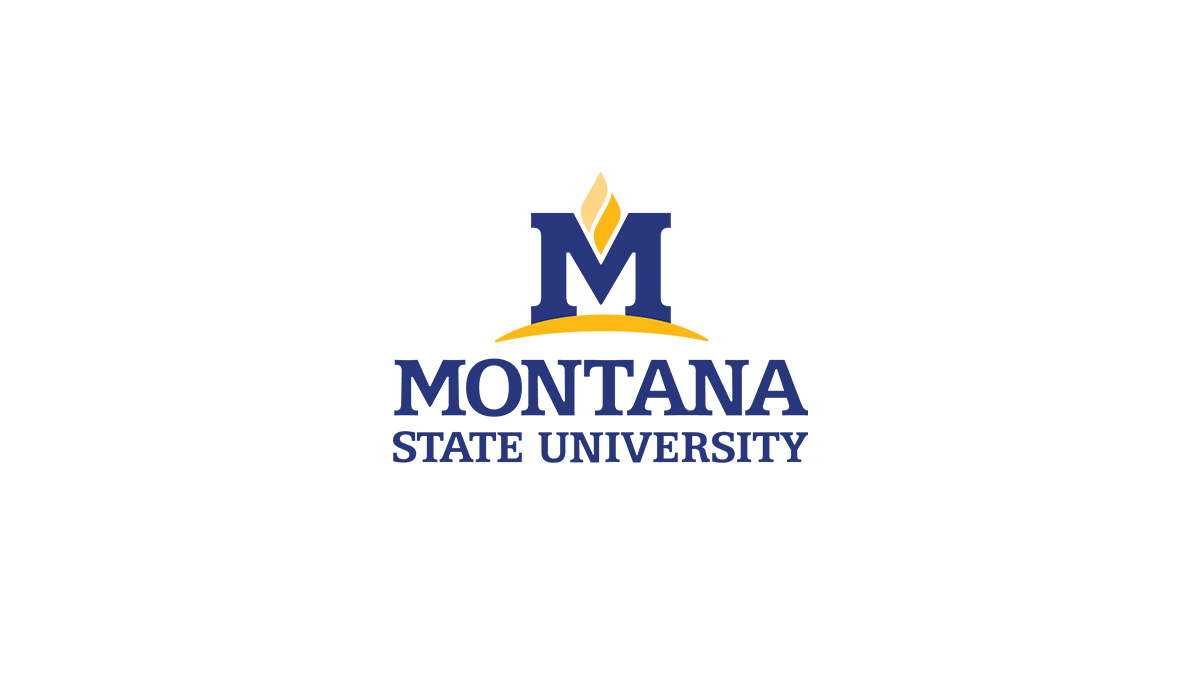

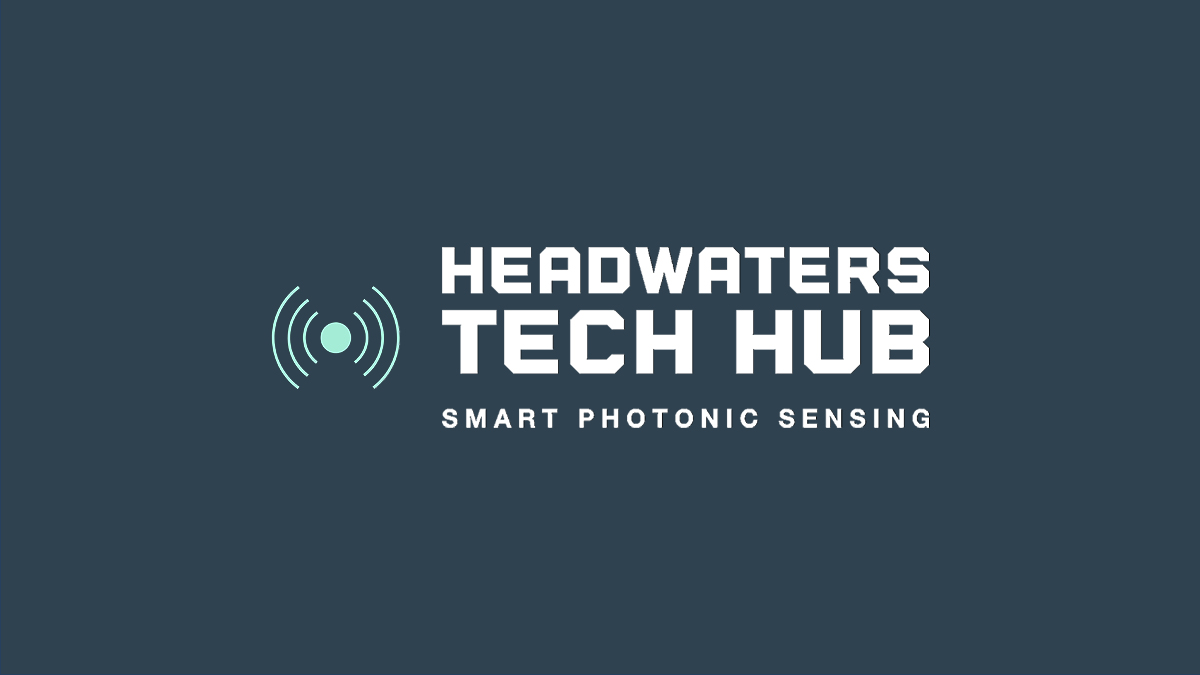



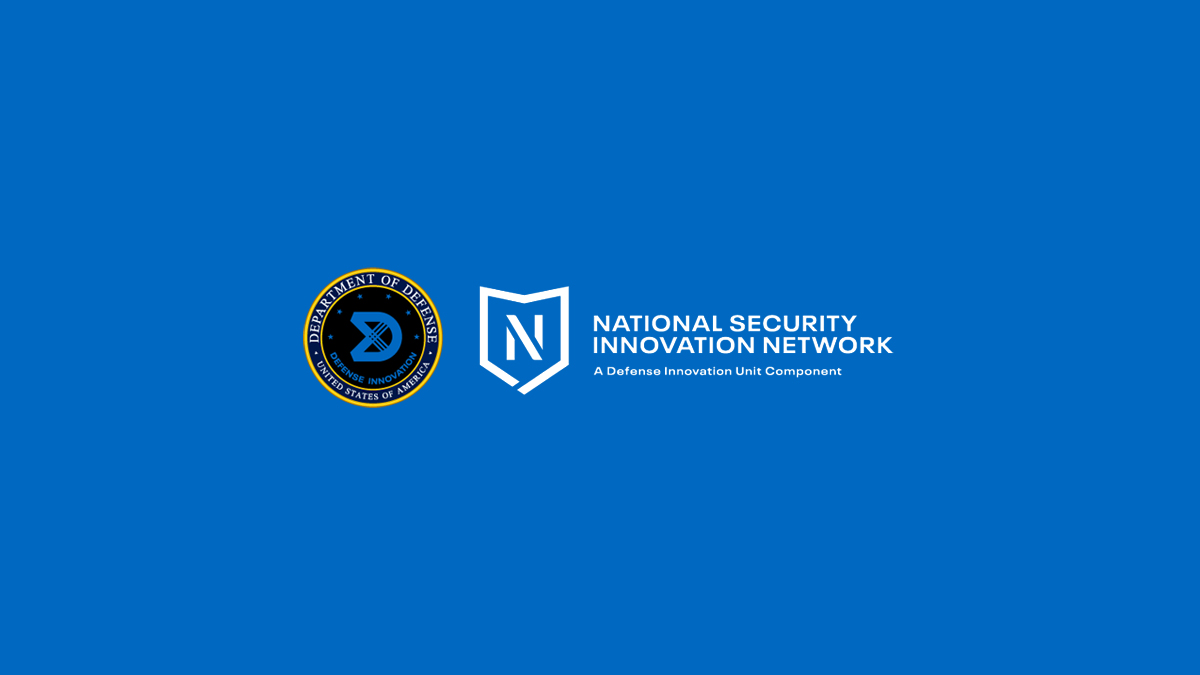
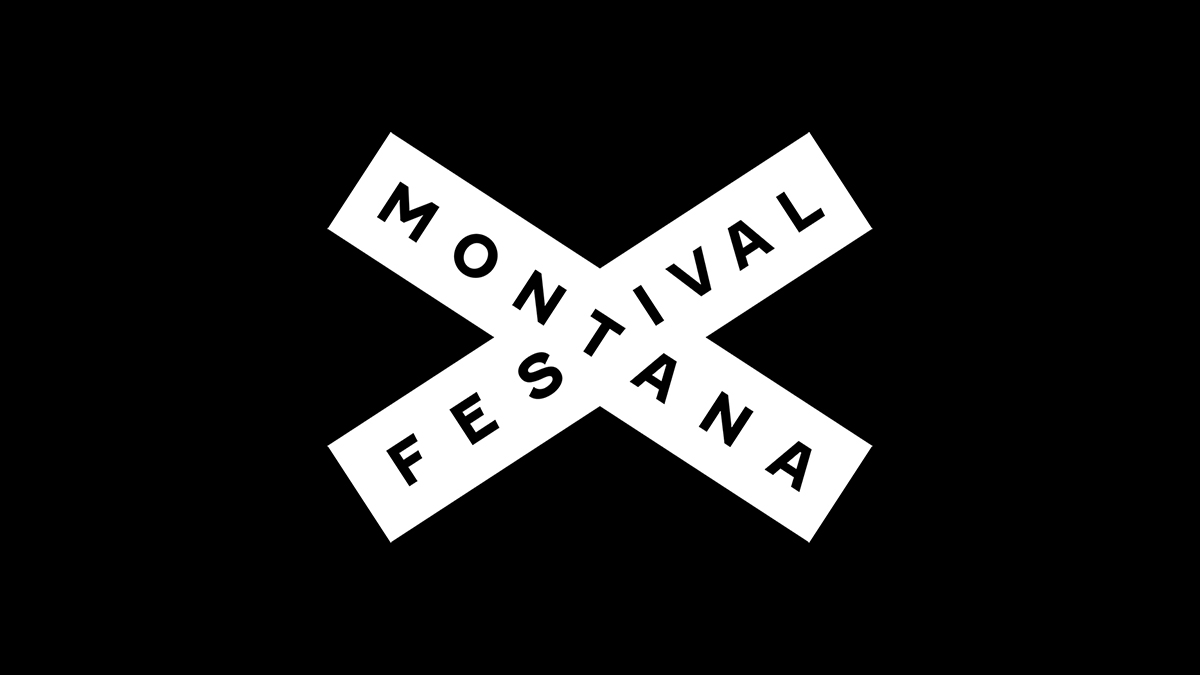

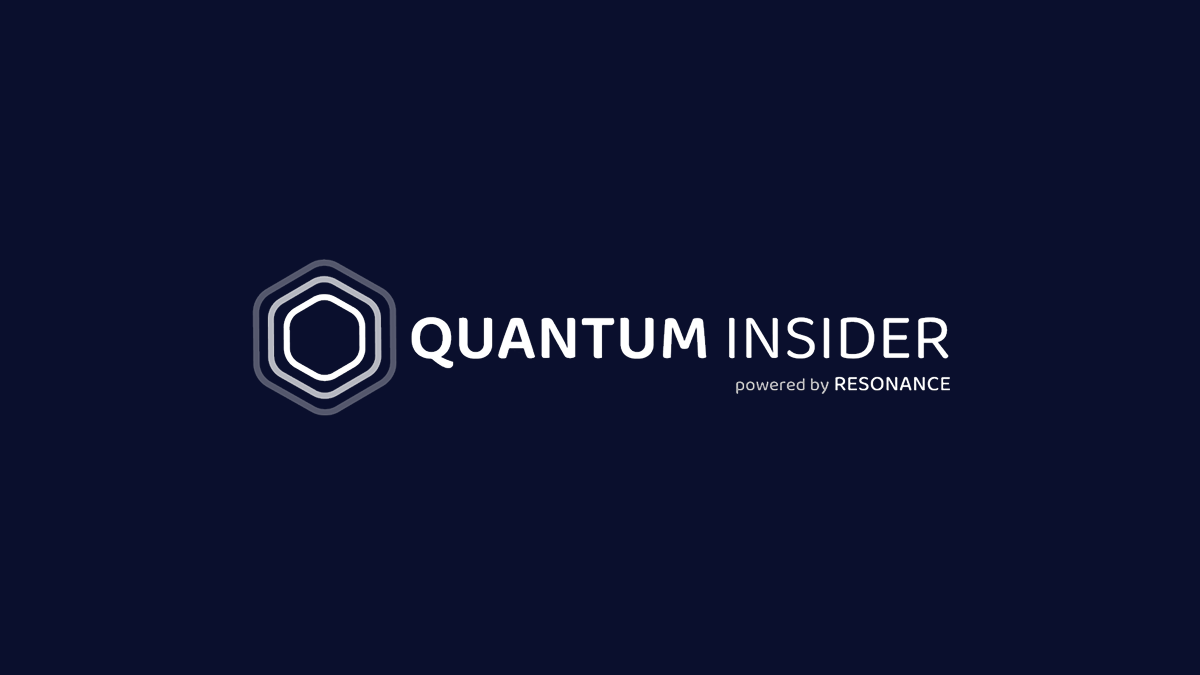
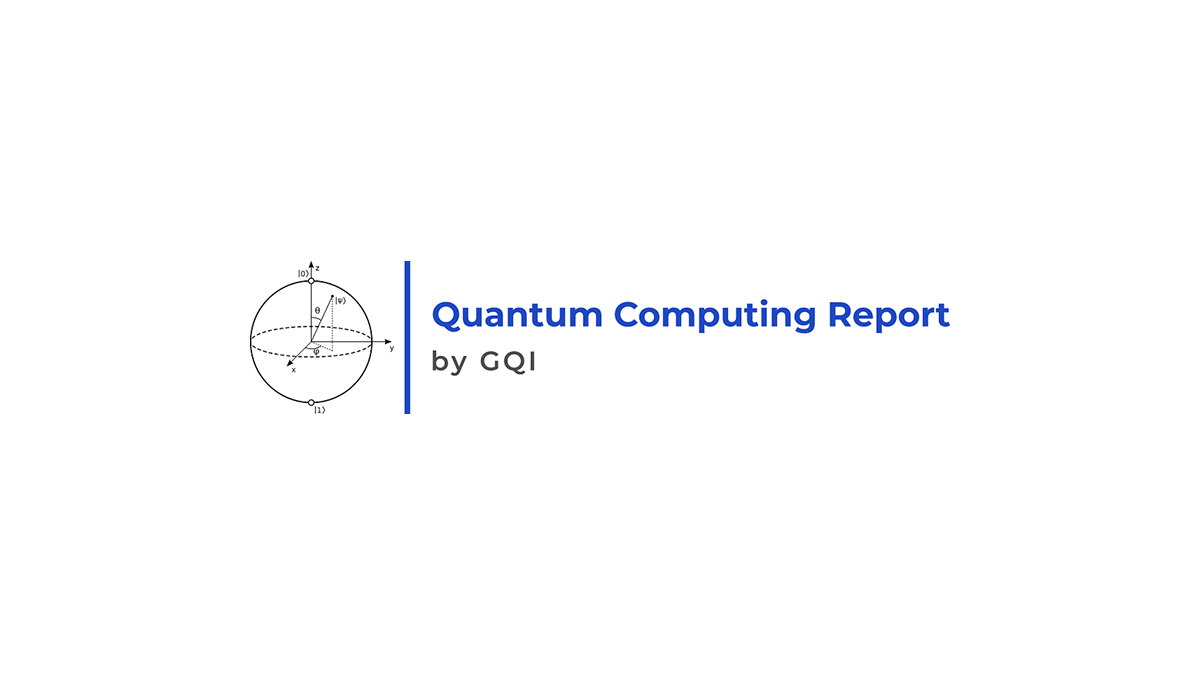

.webp)